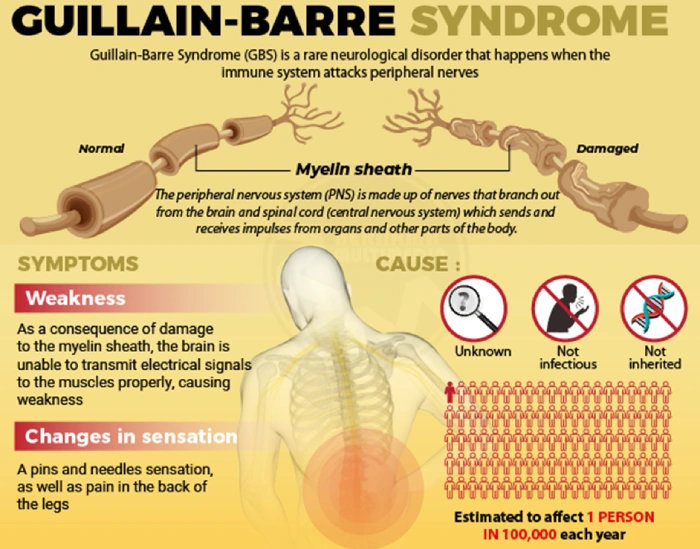The Urgent Need for Better Regulation and Transparency in Prenatal Supplement Products
Recent research has raised concerns about the adequacy of prenatal vitamins in providing essential nutrients during pregnancy, revealing that many products fail to deliver the required quantities of vital nutrients while some contain excessive amounts of harmful toxic metals. The study, published in The American Journal of Clinical Nutrition, analyzed the levels of two crucial nutrients, choline and iodine, in both prescription and non-prescription prenatal vitamins. Additionally, the research assessed the presence of toxic metals such as arsenic, lead, and cadmium in these supplements.
“Prenatal vitamins play a critical role in supporting both maternal health and fetal development. Among the nutrients vital for fetal growth are choline and iodine,” said Dr. Laura Borgelt, PharmD, MBA, the lead author of the study and a professor at the University of Colorado Skaggs School of Pharmacy. “However, many prenatal supplements either fail to include these nutrients or don’t match the amounts indicated on the labels. This research aims to empower women with the knowledge to make more informed choices when selecting prenatal vitamins.”
The study evaluated 47 different prenatal vitamins—32 over-the-counter and 15 prescription products—purchased from various online and retail sources. Researchers tested the actual amounts of choline and iodine in these products, comparing the findings to the labeled amounts. They also looked for the presence of harmful metals, such as arsenic, lead, and cadmium, comparing the results to established safety standards.
According to the Food and Nutrition Board of the Institute of Medicine, pregnant women need 450 mg of choline per day, increasing to 550 mg per day during lactation, with a maximum tolerable intake of 3,500 mg per day. For iodine, the recommended intake is 150 mcg per day for non-pregnant women aged 19 and older, increasing to 220 mcg per day during pregnancy and 290 mcg during lactation. The tolerable upper limit for iodine is 1,100 mcg per day. The United States Pharmacopeia has set purity limits for toxic metals in oral doses of pharmaceuticals: arsenic (2.5 mcg per daily dose), cadmium (0.5 mcg per daily dose), and lead (0.5 mcg per daily dose).
The researchers found that most prenatal vitamins do not contain choline, and many of those that do fail to meet the amounts promised on their labels. Only 12 products (about 26%) listed choline content, and only five (42%) of those contained the stated amount. In terms of iodine, 53% of the products listed iodine content, but only four products (16%) met the advertised amount.
Furthermore, the study discovered that several prenatal vitamins contained elevated levels of harmful heavy metals. Seven products contained excessive arsenic, two exceeded the lead limit, and 13 had more cadmium than recommended, raising concerns about potential adverse birth outcomes due to heavy metal exposure during pregnancy.
“One of the key takeaways from our study is the significant discrepancy between the ingredients listed on the labels and the actual content of these supplements. The presence of dangerous metals, especially cadmium, is troubling, and these findings emphasize the need for greater regulatory oversight of prenatal vitamins,” Dr. Borgelt noted.
While the researchers emphasized the importance of prenatal vitamins during pregnancy, they also recommended that expectant mothers double-check product ingredients or consult with healthcare providers to ensure they choose the best supplement for both their health and their baby’s development.
Commentary by YourDailyFit columnist Alice Winters:

The recent study underscores a serious issue in the prenatal vitamin market, one that has long been suspected but rarely substantiated with such rigorous data. While prenatal vitamins are a cornerstone of maternal health, especially in ensuring proper fetal development, the inconsistency in nutrient levels and the troubling presence of toxic metals raise critical questions about the safety and reliability of these products.
Choline and iodine, two essential nutrients for fetal development, are notably underrepresented in many prenatal supplements, even though they are vital for brain development and thyroid function in the baby. The fact that a substantial portion of supplements either fail to meet labeled quantities or omit these nutrients entirely is deeply concerning. Given that prenatal vitamins are often the only source of these nutrients for many pregnant women, the deficiencies reported in this study could have far-reaching implications for maternal and infant health.
The issue of toxic metals, such as arsenic, lead, and cadmium, is particularly alarming. These substances are known to cause significant health risks, including developmental delays, neurological damage, and birth defects, making their presence in prenatal supplements a critical concern. The fact that several products exceed safety limits for these contaminants demands immediate attention and action from both manufacturers and regulatory bodies.
One of the most important revelations of the study is the gap between the labeled and actual contents of prenatal vitamins. In a market where women are relying on supplements for the health of their baby and themselves, this inconsistency is not just an inconvenience; it could be a health risk. Regulatory oversight, which has been lacking in this area, must be tightened to ensure that prenatal supplements are not only safe but also meet the nutritional needs they claim to fulfill.
Expectant mothers should not have to gamble on the quality of their prenatal vitamins. As the study suggests, consulting healthcare professionals and verifying product ingredients are prudent steps to mitigate these risks. As the industry evolves, it will be crucial to demand more transparency from brands, with strict adherence to both nutritional claims and safety standards.
Ultimately, this study should serve as a wake-up call to both consumers and manufacturers. It is time to prioritize the health of mothers and babies by ensuring the safety, accuracy, and effectiveness of prenatal vitamins. Until the industry is held to a higher standard, consumers must remain vigilant, doing their due diligence in selecting the right products for their needs.



